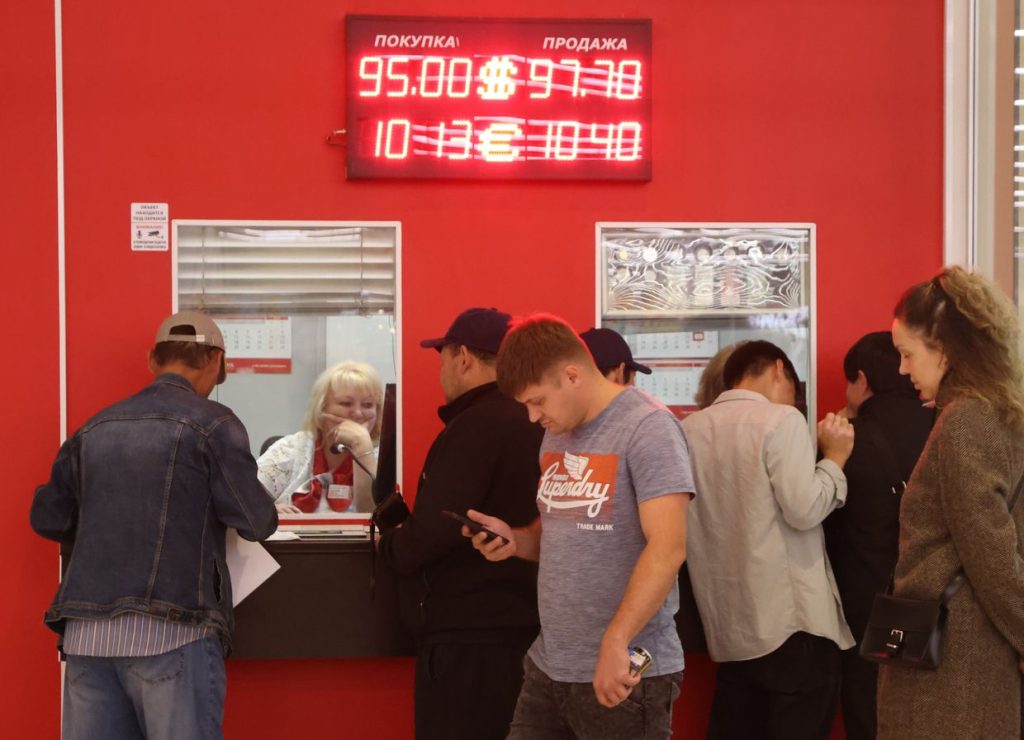The U.S. Treasury Department’s Office of Foreign Assets Control (OFAC) announced new sanctions on Russian financial institutions on June 12, which led to the suspension of dollar and euro trading on the Moscow Exchange. This forced companies, banks, and investors to trade these currencies over-the-counter (OTC) instead. Many Russians hold savings in dollars or euros as a safety net, but the Moscow Exchange assured customers that their deposits were secure. Western countries have imposed economic restrictions on Moscow, aiming to curb its state revenue and prevent it from obtaining key technologies needed for the war effort in Ukraine. Russia has been trying to bypass these sanctions through third-party entities in other countries.
The U.S. Deputy Treasury Secretary recently visited Kyiv to discuss plans to strengthen sanctions against Russia. The G7 and EU are considering targeting banks that are helping Russia evade sanctions, specifically looking at those using Russia’s alternative to the SWIFT messaging system. These measures are part of a broader effort to impose financial pressure on Russia and limit its ability to operate in the global financial system. The allies are also working to ensure that Russian banks are not able to bypass sanctions by using alternative methods to conduct international transactions.
The suspension of dollar and euro trading on the Moscow Exchange has significant implications for Russian businesses and individuals who rely on these currencies for transactions and savings. The move to OTC trading could lead to increased complexity, costs, and risks for those involved in foreign exchange transactions. Many are concerned about the impact this will have on the Russian economy and financial system, as well as the broader implications for global financial markets. The sanctions imposed by Western countries have already had a significant impact on Russia’s economy, with the ruble losing value and inflation rising.
Russian officials have criticized the new sanctions, arguing that they are unjust and will only harm ordinary citizens. They have vowed to retaliate against Western countries for imposing these measures, indicating that tensions between Russia and the West are likely to escalate further. The suspension of dollar and euro trading on the Moscow Exchange is just one of many consequences of the ongoing conflict between Russia and Ukraine, as well as the broader geopolitical tensions between Russia and Western countries. It remains to be seen how these developments will continue to unfold and what the long-term implications will be for all parties involved.


